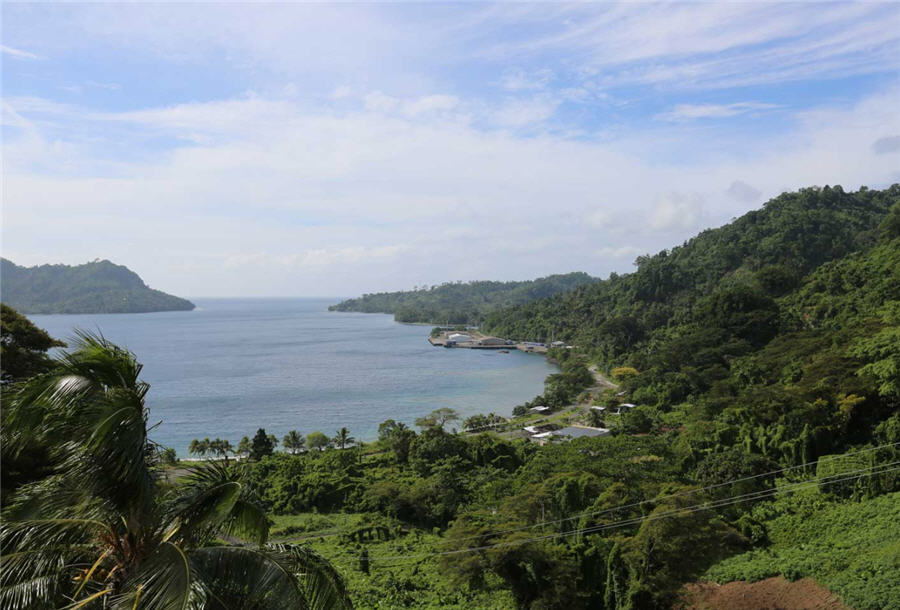“These proposed bills appear to further undermine our rights under the Bougainville Mining Act,” Company Secretary Mark Hitchcock said by email. “We still assert our rights to ownership.”
Officials with the Autonomous Bougainville Government and Executive Council didn’t respond to emails and phone calls requesting comment.
The changes to the mining law come as Bougainville moves toward an independence referendum as soon as this year, which may push it to seek new revenue streams to replace current subsidies from Papua New Guinea. The Panguna mine has an estimated 5.3 million metric tons of copper and 19.3 million ounces of gold, according to BCL, worth about $58 billion at today’s prices, according to Bloomberg calculations.
When it was operating, Panguna was one of the largest mines in the world and accounted for 44 percent of Papua New Guinea’s exports, according to BCL. Protests by communities demanding greater compensation for absorbing the impacts of the mining operation turned violent in 1989 and revitalized an independence movement, prompting BCL to shut the mine and the Papua New Guinea government to send in troops. A peace agreement in 2001 set up the region’s autonomy and paved the way for an independence vote.
The proposed legislation includes an amendment to the country’s Mining Act of 2015, which details rules and regulations as well as rights and compensation principles for landowners and communities. The proposed change would supersede the 235-page law with a 1-page section that gives all available mining rights to a new company, Bougainville Advance Mining Ltd., according to documents provided by BCL.
In a separate filing Monday to the Australian Securities Exchange, BCL also said that Bougainville Advance Mining will be 40 percent controlled by Caballus Mining, which it said is owned by Jeffery McGlinn and “and other unknown foreign investors and sovereign states.” Caballus and McGlinn could not be reached for comment.
BCL, which has a market capitalization of about $44 million, estimates that it would take seven to eight years and $5 billion to $6 billion to resume operations. Rio Tinto Group, which controlled BCL when it operated the mine from 1972 to 1989, gave away its stake in 2016, effectively abandoning the mine for no gain. That left the governments of Papua New Guinea and Bougainville with 36.45 percent each of BCL.
The Bougainville government denied BCL’s request to extend its temporary exploration license in January 2018, according to the company. The government argued that the company’s past operation of the mine ignited civil strife, so allowing BCL to re-open it threatens to ruin the region’s peace and unity ahead of the independence referendum, the filings show.
Bougainville may not see revenue from reopening of the mine for at least five years after first production because tax resource laws typically allow profits only after capital costs and debt repayments are recouped, said Luke Fletcher, executive director of Jubilee Australia Ltd., a non-profit that has tracked the effect of resource extraction on the economies of Papua New Guinea and Bougainville.
Resuming industrial-scale mining before a full reconciliation of the civil strife it contributed to also has the potential to rekindle resentment, he said.
“The thing about Panguna is, the community is fiercely divided about whether there should be mining or not,” he said. “It’s a tinder box.”
(By Aaron Clark and Dan Murtaugh)

